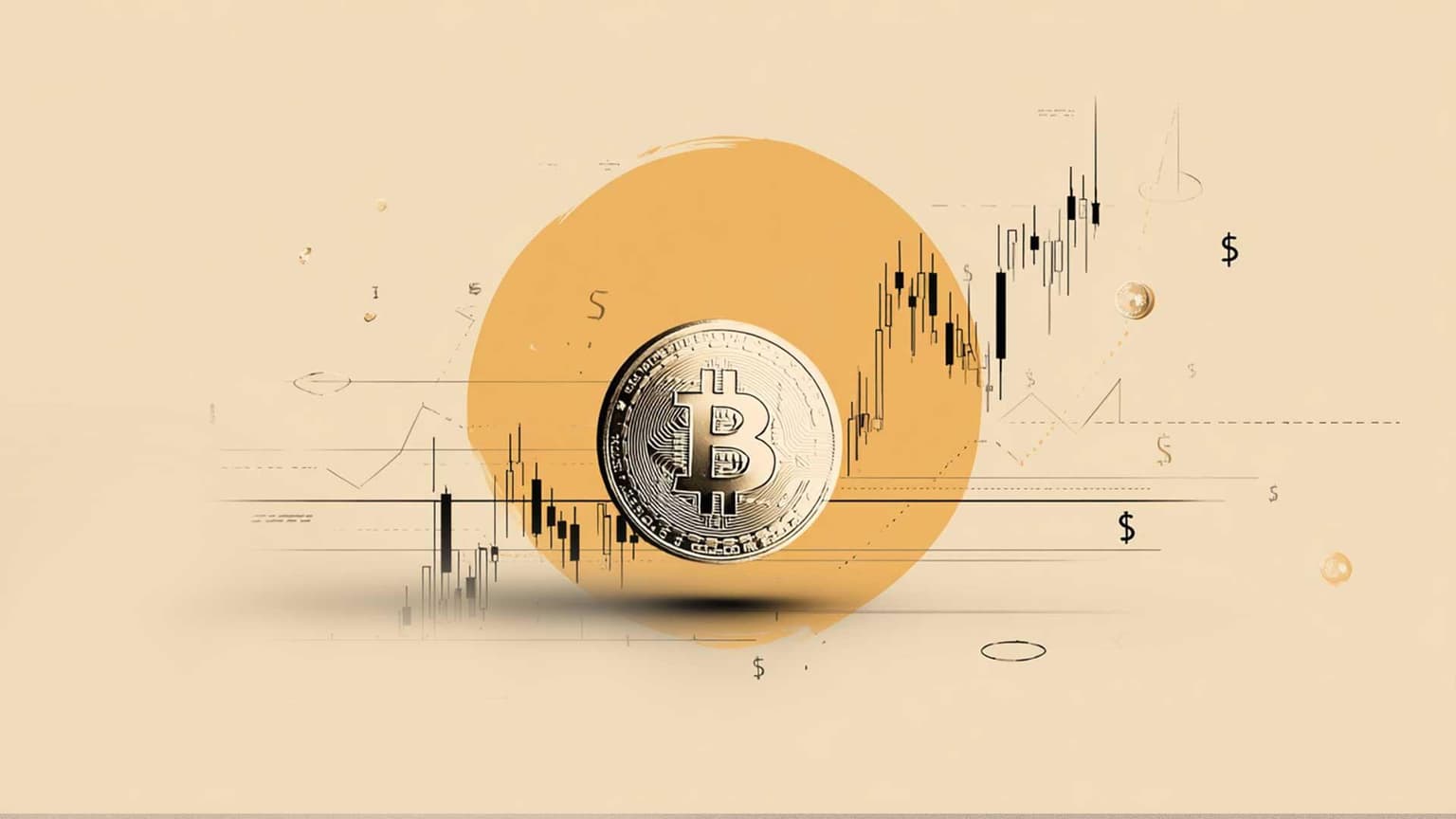Asia steps lightly into the storm: Stimulus hopes, trade tensions, and a market on edge

Asia is entering the new week with a cautious lean, as traders brace for two big swings: fresh stimulus signals from China and any real progress in U.S. trade negotiations.
Early moves are muted. The dollar is holding steady, U.S. futures are a touch softer, and Japan is looking better bid thanks to the yen softening late Friday. Australia and Hong Kong? Flatlines for now, waiting for something actually to move the needle.
China’s laying down the early bait — promising more “proactive” and “effective” policies to hit growth targets and inject some global stability. The People’s Bank of China is lined up for a press conference later today, and traders are already gaming out two options: either fresh stimulus fireworks or a boring repackaging of old programs. After six months of getting head-faked by China stimulus headlines, the tape’s not biting yet. Caution rules until the hard numbers land.
On the trade front, it’s all about whether the White House soft-pedals tariffs or tightens the screws. Trump’s signaling that delays on higher "reciprocal" tariffs aren’t likely — translation: time’s running out. South Korea and India might sneak in a deal this week, and other Asian players are scrambling for interim agreements to dodge the tariff hammer before the 90-day grace window slams shut in early July.
Meanwhile, U.S. stocks are coming off their best weekly run in three months. Bonds caught a bid, the dollar flexed, and Fed cut chatter is getting louder again. Rate traders are starting to price in another easing cycle as tariff hits and consumer sentiment nosedive. Inflation expectations are jumping too — the highest since the early '90s — but it's less about growth and more about fear.
Eyes are glued to this week’s data dump: China PMIs, U.S. GDP, payrolls, and the Fed’s preferred inflation gauge. If the numbers start flashing slowdown and the tariff clock keeps ticking, it’s going to be a messy June.
Bottom line: Cautious open, headline-driven chop, and no one’s chasing until China shows real stimulus or Trump shows real flexibility. Until then, it’s a tape made for snipers, not tourists.
Author

Stephen Innes
SPI Asset Management
With more than 25 years of experience, Stephen has a deep-seated knowledge of G10 and Asian currency markets as well as precious metal and oil markets.

















